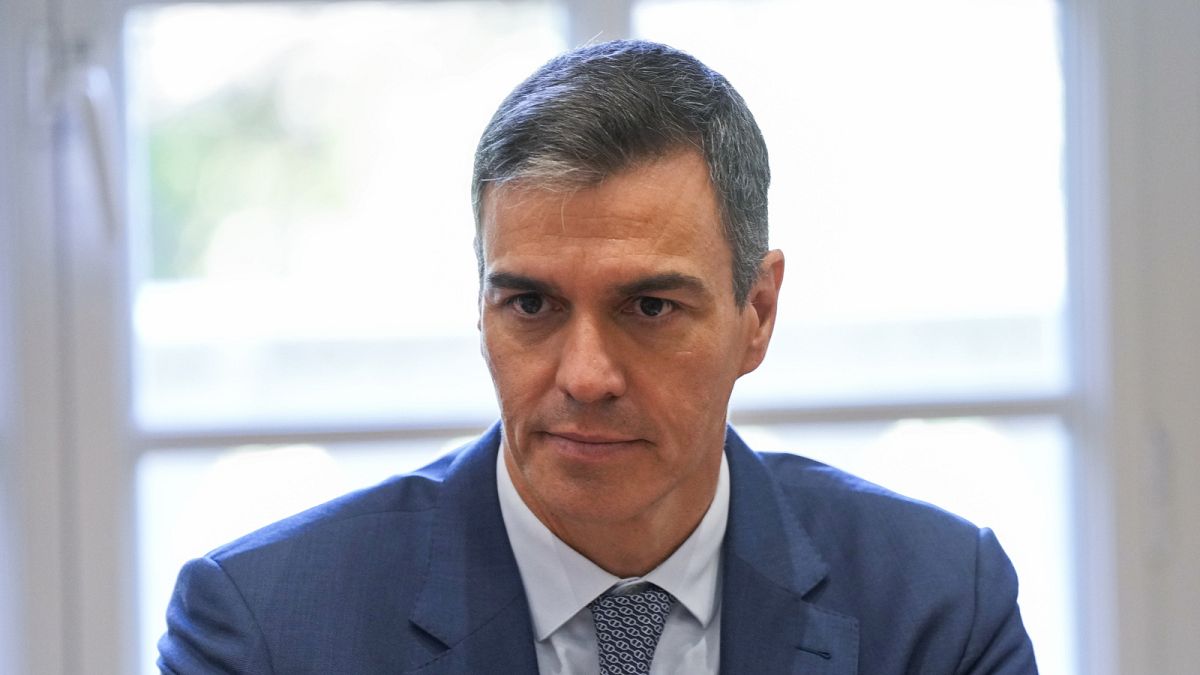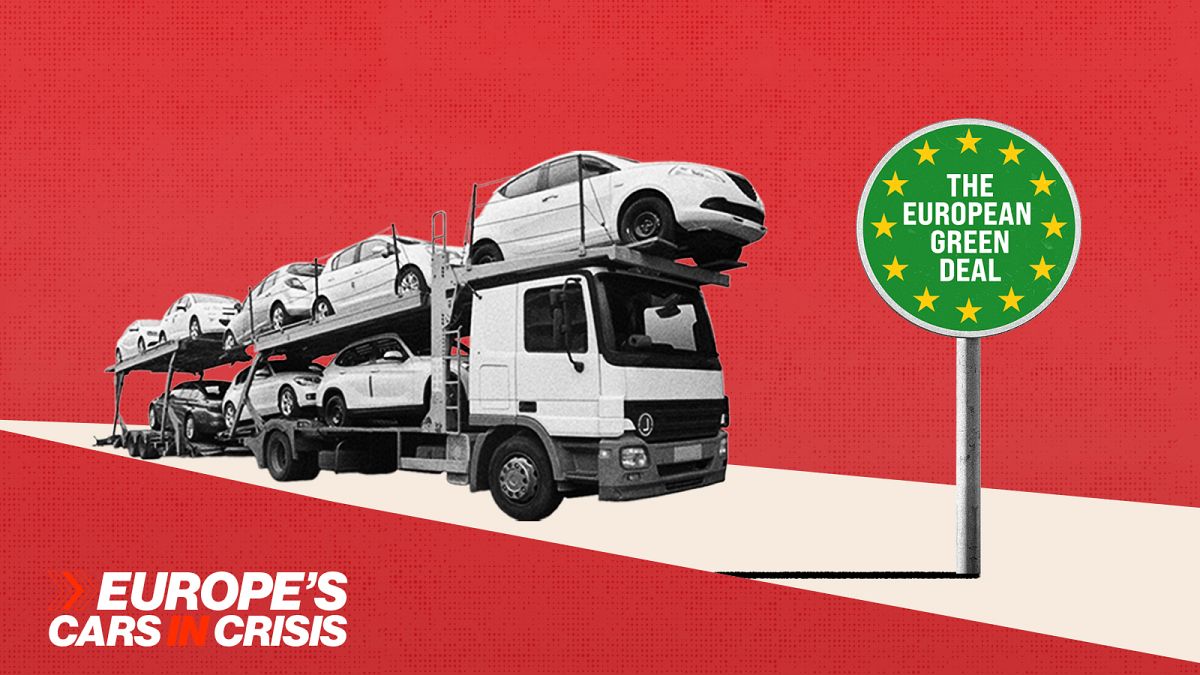Published on
ADVERTISEMENT
A controversial 2040 EU climate emissions target decision will not come at ministerial level next week — as originally planned — since countries claim they need more time to mull the issue, according to EU officials.
The Danish EU Presidency — currently helming the European Council — wanted ministers to vote on the target on 18 September, during an environment Council.
But the EU official said that member states weren’t yet ready and the issue will be pushed back to be discussed and agreed by EU heads of state during an October summit.
The Commission proposed a 90% emissions reduction target for 2040, compared to 1990 levels, in July this year.
The 2040 intermediary target is meant to follow on from the EU’s 2030 target, of at least 55% reduction by 2030 compared to 1990 levels.
“We cannot support the text as it stands right now. It is not an ideal geopolitical timing. Also, the text was put on the table quite late,” a second EU official told Euronews, adding that countries need to see more balance between targets and competitiveness.
The first EU diplomat said the aim at the Council level in October is to have a “decisive” discussion, rejecting the possibility of an unanimity vote which would “reward the lowest bidders”. However, the diplomat didn’t close the door to the possibility that no decision would come even in the October summit.
The 2040 climate target will impact the EU’s national climate action plans under the Paris Agreement, expected to be presented at the COP30 in Belém, Brazil.
Countries like Slovakia and Hungary have openly opposed to the Commission’s proposal to cut 90% of CO2 emissions by 2040, arguing the law is a death sentence to the country’s industry. France has said the decision should be taken by EU leaders rather ministers.
“These ideological proposals [2040 climate target] are more proof that Brussels bureaucrats have already lost basic contact with reality. They have no idea what economic danger the European and unfortunately the Slovak industry is in,” Tomas Taraba, Slovakia’s environment minister, said shortly after the proposal was announced.
Carbon credits
Some of the key aspects under discussion by EU diplomats include the contribution of international carbon credits — tradable certificates enabling the emission of a certain amount of CO2 — to reach the 2040 target, but also the clarification that such global credits would not interfere with the EU’s carbon market, the Emissions Trading System (ETS), according to an official document. The ability to store CO2 outside the bloc is also under consideration.
“We are not against this thought [carbon credits], but we would need more clarity on that,” the second EU diplomat added.
Austrian Lena Schilling, the Green/EFA lawmaker responsible for the 2040 climate target in the European Parliament, said consideration of carbon credits is “irresponsible towards taxpayers” and a “betrayal” of youth.
“Diluting the EU climate target with carbon credits will only mean spending billions on pollution rights abroad instead of delivering real climate action here in Europe. We need at least a 90% reduction by 2040 within the EU,” said Schilling.
Sven Harmeling, head of climate at Climate Action Network (CAN) Europe, urged caution in relation to the use of international carbon credits: “It would severely undermine the ambition and environmental integrity of the EU contribution, while only delaying and increasing the cost of the transition.”
“The EU would have to transfer outside of its borders up to tens of billions of euros that would have otherwise been invested in domestic decarbonisation,” Harmeling said.













